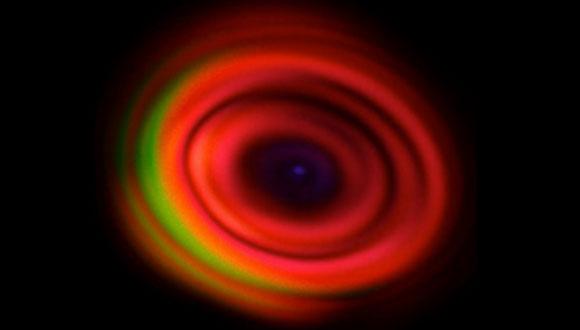LMI Seminar: Nanophotonics: Enabling Technology for Next-Generation Biosensors
Hatice Altug, The École polytechnique fédérale de Lausanne (EPFL)
Zoom: https://us02web.zoom.us/j/83827576431?pwd=a0FUL0Y4NFI3TFBUTXdxT3dtUFlMZz09
Abstract:
New health initiatives with global healthcare, precision medicine and point-of-care diagnostics are demanding breakthrough developments in biosensing and bioanalytical tools. Current biosensors are lacking precision, bulky, and costly, as well as they require long detection times, sophisticated infrastructure and trained personnel, which limit their application areas. My laboratory is focused on to address these challenges by exploiting novel optical phenomena at nanoscale and engineering toolkits such as nanophotonics, nanofabrication, microfluidics and data science. In particular, we use photonic nanostructures based on plasmonics and dielectric metasurfaces that can confine light below the fundamental diffraction limit and generate strong electromagnetic fields in nanometric volumes. In this talk I will present how we exploit nanophotonics and combine it with imaging, biology, chemistry and data science techniques to achieve high performance biosensors. I will introduce ultra-sensitive Mid-IR biosensors based on surface enhanced infrared spectroscopy for chemical specific detection of molecules, large-area chemical imaging and real-time monitoring of protein conformations in aqueous environment. Next, I will describe our effort to develop ultra-compact, portable, rapid and low-cost microarrays and their use for early disease diagnostics in real-world settings. Finally, I will highlight label-free optofluidic biosensors that can perform one-of-a-kind measurements on live cells down to the single cell level, and provide their prospects in biomedical and clinical applications.


